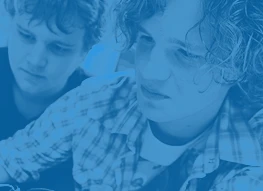Transport-related social exclusion (TRSE) is a term that describes the situation where people have limited access to transport or face other issues with the transport system that prevent them from fully participating in society in the way they would like. This can affect their ability to access education, employment, health care, social activities, and other essential services. TRSE can also affect people's well-being, social inclusion, and quality of life.
TRSE is a complex and multidimensional problem that affects different groups of people in different ways. Factors that can increase the risk of TRSE are low income, disability, age, gender, ethnicity, caring responsibilities, and living in rural or deprived areas. TRSE can also vary by location and time, depending on the availability and quality of transport options in different places and at different times of the day or week.
TRSE is a key challenge for transport planning practitioners, and one that requires collaborative and holistic solutions from various stakeholders, including transport providers, planners, policymakers, researchers, and communities themselves. It's also a crucial consideration when thinking about how to deliver an equitable response to reducing environmental impacts of transport.
In this lunchtime webinar we'll be exploring the concept from first principles, through key issues and challenges and on to emerging solutions. Chaired by the former Chair of the Transport Planning Society, Mark Frost, this event will bring together Tom Cohen (University of Westminster), Tom Jarvis (Transport for the North) and Caroline Stickland (Transport for All) for a discussion on the ‘basics’ of Transport-related Social Exclusion.
Reserve your spot now HERE
Events Calendar
2026
|
May
|
Jun
|
Jul
|
Aug
|
|
Sep
|
Oct
|
Nov
|
Dec
|













